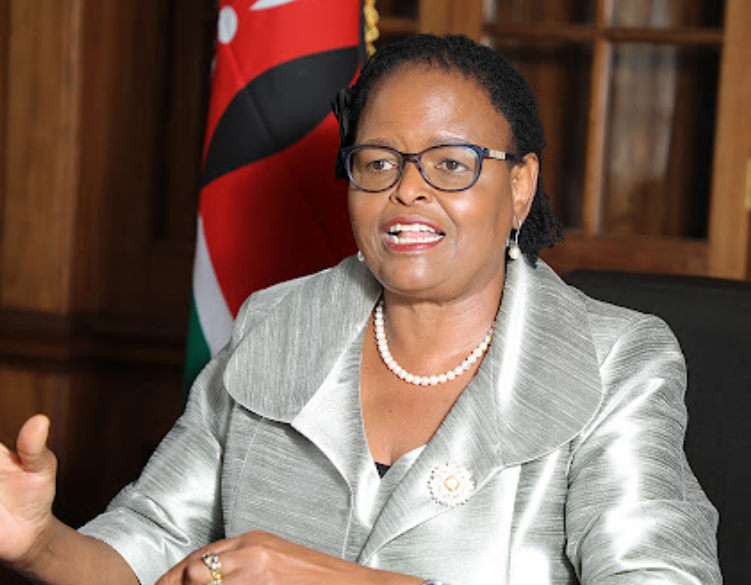
 Chief Justice Martha Koome/ FILE.
Chief Justice Martha Koome/ FILE.Chief Justice Martha Koome has emphasised the need for strict adherence to legal procedures by the police and the Office of the Director of Public Prosecutions (ODPP) in handling terrorism-related cases.
Speaking in Nairobi on July 25, CJ Koome said terrorism remains a dynamic and evolving threat to national and global peace and security.
She said it is essential for law enforcement agencies to continually enhance their knowledge, skills, and competencies to handle such complex cases effectively and expeditiously.
“The law
sets out clear thresholds of what constitutes terrorism, as presented here
today,” said Koome.
“It is the
responsibility of the police to conduct thorough investigations, while the DPP
must independently assess both the law and the evidence to ensure any charges
presented in court meet the legal standards.”
She
reiterated the constitutional independence of the DPP, stating that it is the only
office mandated to determine the nature and content of charges brought before
the courts.
She also
emphasised the independence of bodies in delivering services to the public,
which include the Judiciary and the DPP.
“The
Constitution envisages that this prosecutorial discretion must remain free from
influence or direction by any individual or authority, including judges, the Chief Justice, or
political actors,” she stated.
Koome
further cautioned that public remarks, even those made by the Chief Justice or
victims at the scene of a crime, do not and should not influence the decision
to charge any individual in court.
Her remarks
come amid increased scrutiny of terrorism-related prosecutions and growing
public interest in the judicial process surrounding the protesters arrested.
Notably, the President of the Law Society of
Kenya (LSK), Faith Adhiambo, recently raised the alarm over the arraignment of
protesters in court under terrorism charges.
She questioned whether such charges meet the legal thresholds and urged the DPP to exercise restraint and objectivity in politically sensitive cases.












